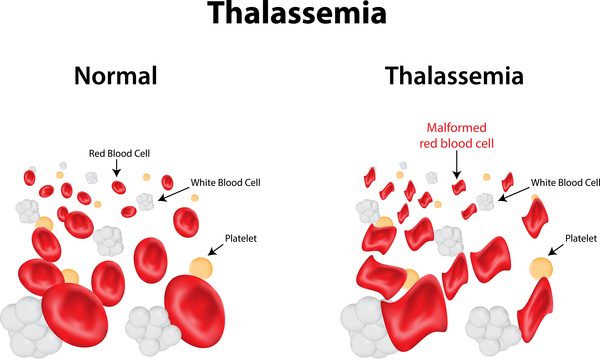
What is Thalassemia?
2023-05-08 09:37:33
Thalassemia is a genetic blood disorder that affects the production of hemoglobin. Hemoglobin is the protein in red blood cells that carries oxygen throughout the body. People with thalassemia have a faulty hemoglobin production. This leads to anemia and other health problems. In this article, we will discuss what thalassemia is, its types, symptoms, causes, and treatment options.
Types of Thalassemia
There are two main types of thalassemia: alpha and beta-thalassemia. Alpha thalassemia affects the production of alpha globin, while beta thalassemia affects the production of beta-globin.
Causes of Thalassemia
Thalassemia is caused by mutations in the genes responsible for hemoglobin production. It is an inherited disorder that is passed down from parents to children.
Symptoms of Thalassemia
Symptoms of thalassemia can range from mild to severe. They may include fatigue, weakness, pale skin, jaundice, bone deformities, and an enlarged spleen. Symptoms vary depending on the type and severity of thalassemia.
Treatment of Thalassemia
Treatment for thalassemia depends on the type and severity of the condition. It may include blood transfusions, iron chelation therapy, and bone marrow transplant. This treatment can help alleviate symptoms and improve quality of life. Some patients may also require medication to control anemia.
Conclusion
Thalassemia is a genetic blood disorder that affects the production of hemoglobin. It can cause anemia, fatigue, and other health issues. Treatment options include blood transfusions, iron chelation therapy, and bone marrow transplant. With proper management, people with thalassemia can lead healthy and productive lives.

.png)